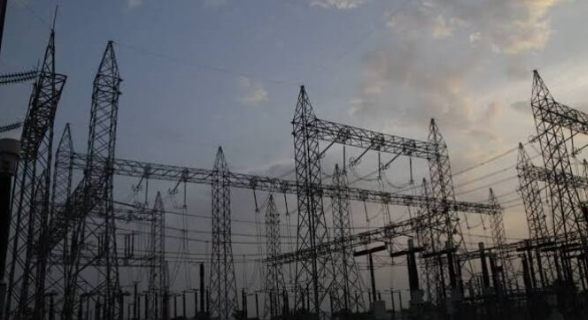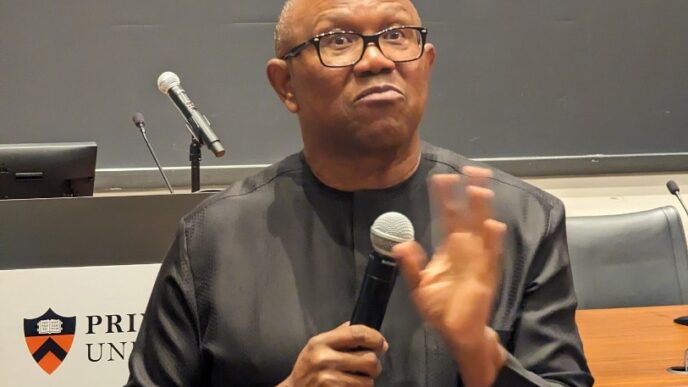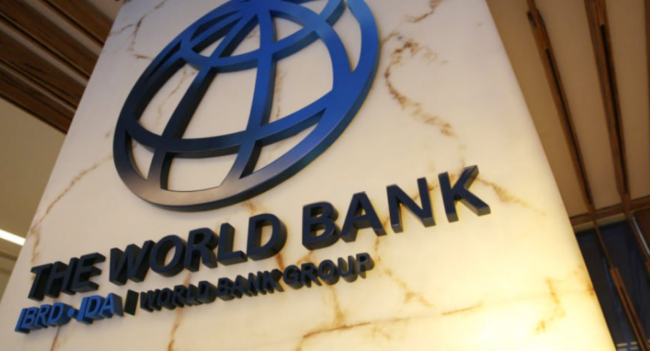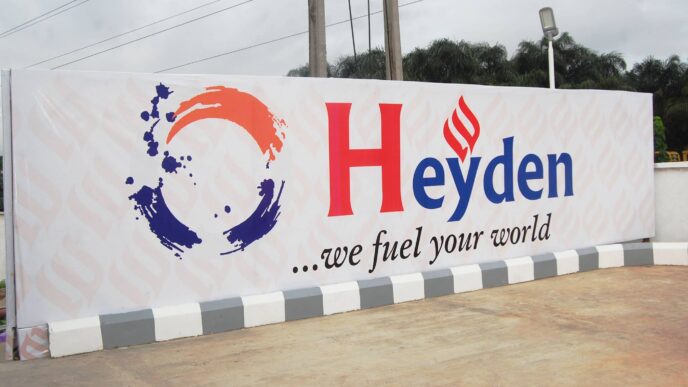The National Orientation Agency (NOA) says the consistent grid collapse is due to load rejections by electricity distribution companies (DisCos).
NOA, in a statement on Tuesday, said despite the increased facility upgrades, the country’s DisCos are unable to carry the capacity wheeled out.
“The Transmission Company of Nigeria (TCN) has an installed wheeling capacity of over 8.100 megawatts (MW) and can comfortably wheel out 6000MW of generated power thanks to these facility upgrades courtesy of the Siemens project as well as TCN’s internal projects,” NOA said.
“On the generation side, with the addition of the 700MW Zungeru hydroelectric plant which came on stream in the second quarter of the year, Nigeria’s national grid now has an installed power generation capacity of about 13,610MW.
Advertisement
“Despite the 13,610MW generation capacity and the over 8,000MW transmission capacity, the total active distribution capacity of the 11 Discos in Nigeria is still hovering around 4000MW.
“Just last month, on September 2nd, a peak generation in three years was achieved but out of the 5,313MW generated and wheeled out that day, the Discos rejected almost 1400MW due to their systems’ fragility.
“These load rejections by Discos contribute to the collapse of the national grid.”
Advertisement
According to the agency, cost recovery has been a major challenge for DisCos.
The agency said the inability of the DisCos to reap their gain from investments “has hampered them from upgrading their distribution substations and facilities to accept more power for distribution to their consumers”.
“This environment discourages investment in the sector. However, the Tinubu administration is tackling this age-long challenge headlong,” the agency added.
NOA further highlighted key ways through which the current administration is addressing the issues faced in the power sector.
Advertisement
The agency said the major way electricity is being tackled is through the presidential metering initiative (PMI), cost-reflective tariffs for Band A customers, and $800 million for power substations and distribution upgrades.
Add a comment









